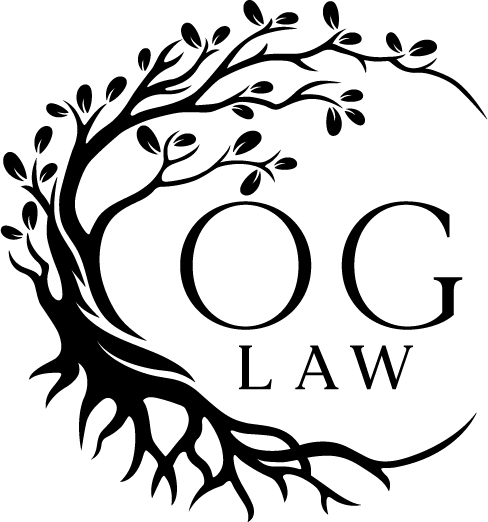Understanding Personal Guaranties
When securing a business loan, many lenders require a personal guaranty, especially for small businesses and startups. A personal guaranty is a legal commitment made by an individual, typically a business owner or executive, to repay a business loan if the business fails to do so. This agreement allows the lender to pursue the guarantor’s personal assets—such as homes, cars, and savings—to satisfy the debt if the business defaults.
Assessing Your Liability
One of the primary considerations when providing a personal guaranty is understanding the extent of your liability. Personal guaranties can be either limited or unlimited. An unlimited guaranty means that the lender can pursue all your personal assets to recover the debt. In contrast, a limited guaranty caps your liability at a specific amount or may decrease or sunset after a specified time or the occurrence of an event, providing a degree of financial protection.
It is essential to carefully review the terms of the guaranty with your attorney to fully comprehend your potential exposure. Understanding these terms can help you make informed decisions and negotiate more favorable conditions.
Financial Health and Risk Assessment
Before agreeing to a personal guaranty, assess the financial health of your business. Ensure that your business has a solid financial foundation and a realistic plan for loan repayment. If your business is struggling or has an uncertain financial future, providing a personal guaranty can put your personal assets at significant risk.
It is also crucial to consider the industry and market conditions that could affect your business’s ability to meet its financial obligations. A thorough risk assessment can help you evaluate the likelihood of your business defaulting on the loan and the potential impact on your personal finances.
Negotiating Terms
Do not accept the terms of the guaranty at face value. Work with your attorney to negotiate more favorable conditions. For example, you can negotiate to reduce the liability limit or add specific conditions under which the guaranty can be enforced. Some key terms to focus on include:
– Scope of Liability: Aim to limit the scope of your personal liability, either in terms of amount or duration.
– Exclusions: Negotiate exclusions for certain types of debt or obligations.
– Conditions: Include conditions that must be met before the guaranty can be enforced, such as default thresholds or notice periods.
By negotiating these terms, you can reduce your personal risk and ensure that the guaranty is fair and reasonable.
Protecting Yourself as a Guarantor
To protect yourself when providing a personal guaranty, maintain a clear separation between your personal and business finances. This separation can help shield your personal assets in case of business failure. Additionally, if you have business partners, negotiate for mutual indemnification agreements. These agreements ensure that if one partner’s guaranty is called upon, the others contribute their fair share to cover the liability.
Regularly monitor your business’s financial performance and stay proactive in addressing any issues that could affect your ability to repay the loan. Using business assets as collateral instead of providing a personal guaranty is another strategy to limit your personal exposure.
In conclusion, while personal guaranties can be a necessary part of securing business financing, understanding the risks and taking proactive steps to protect yourself is crucial. Thoroughly review and negotiate the terms of the guaranty, assess the financial health of your business, and take measures to protect your personal assets.


